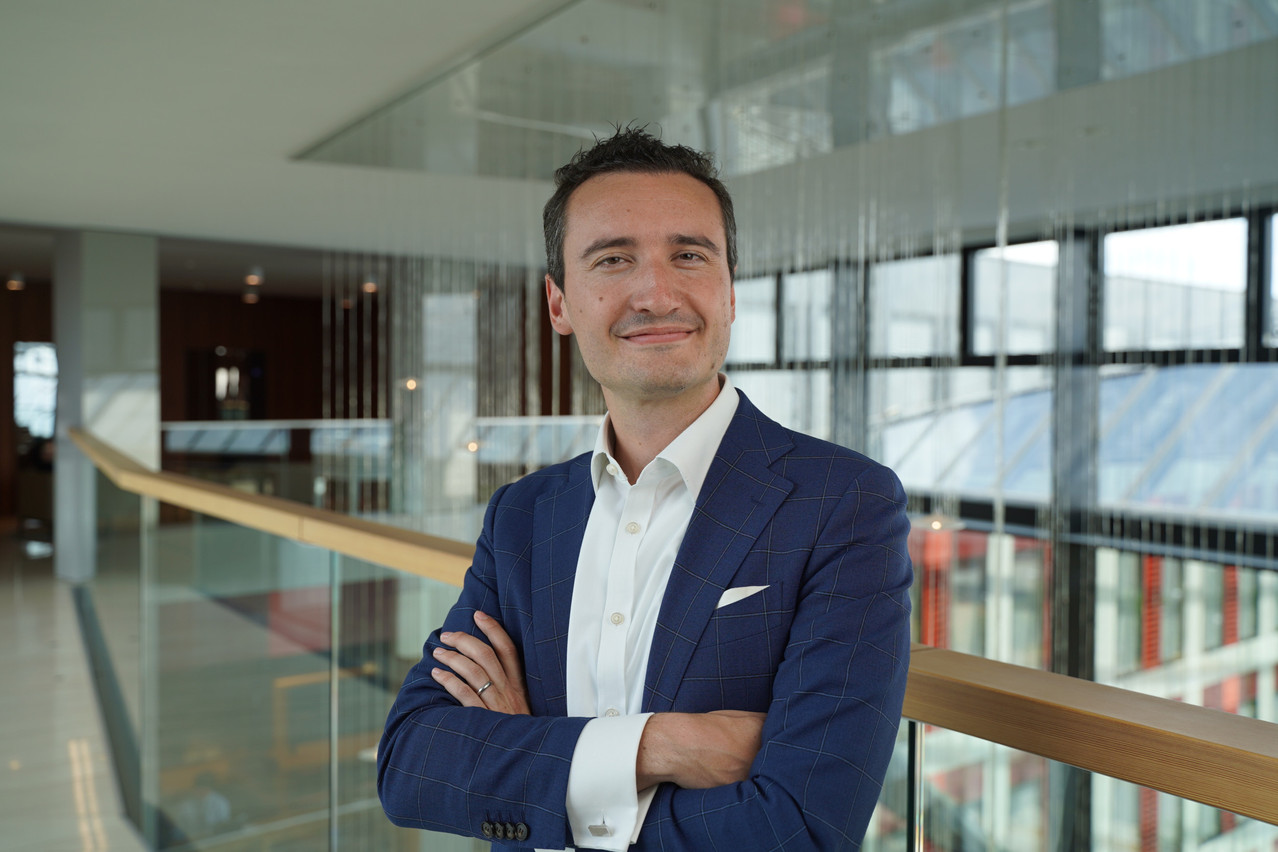What general lessons have you learned from your experiences that could be applied by other players in the sector?
Dorian Rigaud: I joined Luxembourg shortly after the end of the bank secrecy. I think that just as banks and the Luxembourg financial centre were able to evolve with its end, so must we now. The ecosystem proved its agility and this is key. We must all move forward and be agile.
What are the key factors for ensuring sustainable growth in the sector?
First, digital transformation will remain a key driver: leveraging fintech, blockchain, and AI will enhance the sector's operational efficiency, risk management, and client experience.
Second, diversification will be essential, particularly in the alternatives space. Luxembourg has established itself as a hub for alternative investments, and continued growth in private equity, real assets, and sustainable finance will be critical in attracting global investors and jumping on the retailization trend.
Third, shifting client demographics will continue to demand a more tailored approach. The rise of younger, more digitally native, and socially conscious investors means banks will need to rethink wealth and asset management strategies, incorporating ESG principles and personalized investment solutions.
How does your expertise or area of focus contribute to redefining wealth management to meet current needs?
I have worked extensively with Luxembourg’s leading banks in both audit and advisory roles, focusing on finance processes and credit risk. These areas are continuously shaped by market trends, regulatory developments, and changing client expectations. Helping clients in such an environment is really what I like doing.
As an auditor, my role is to ensure that banks are sound and stable with strong risk management cultures. Ultimately this is beneficial for the Luxembourg ecosystem as a whole.
